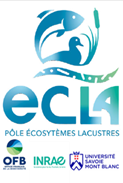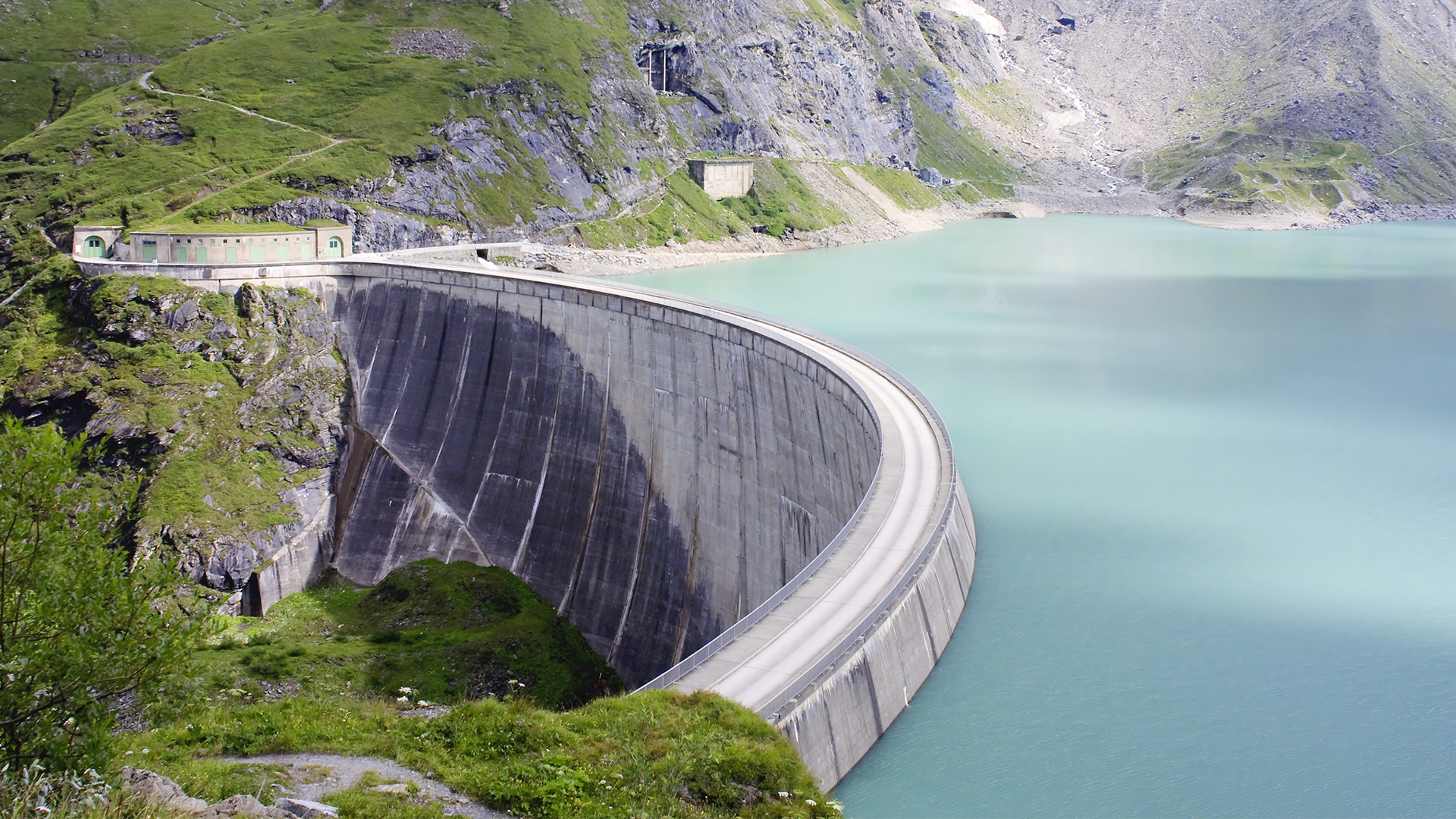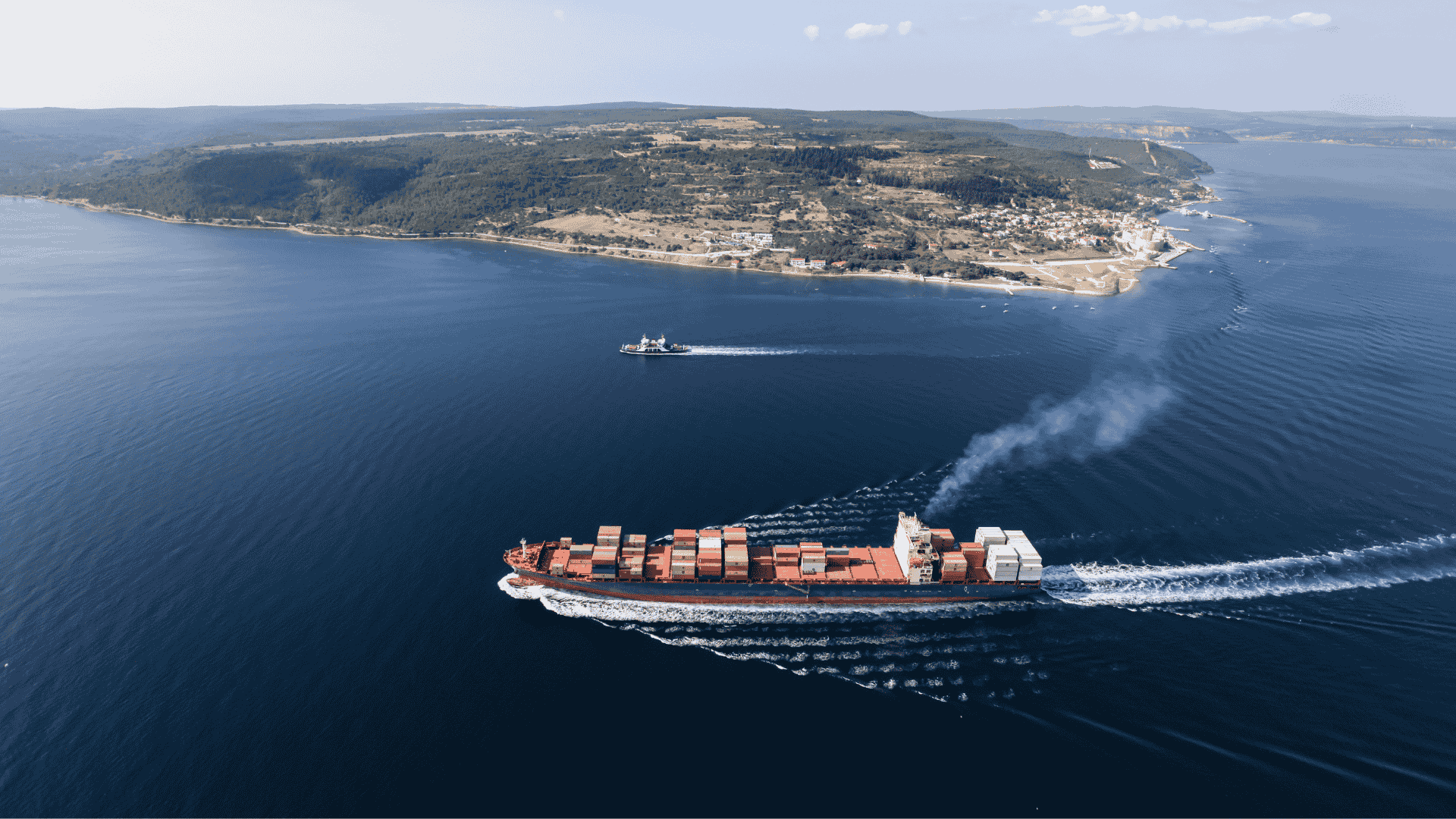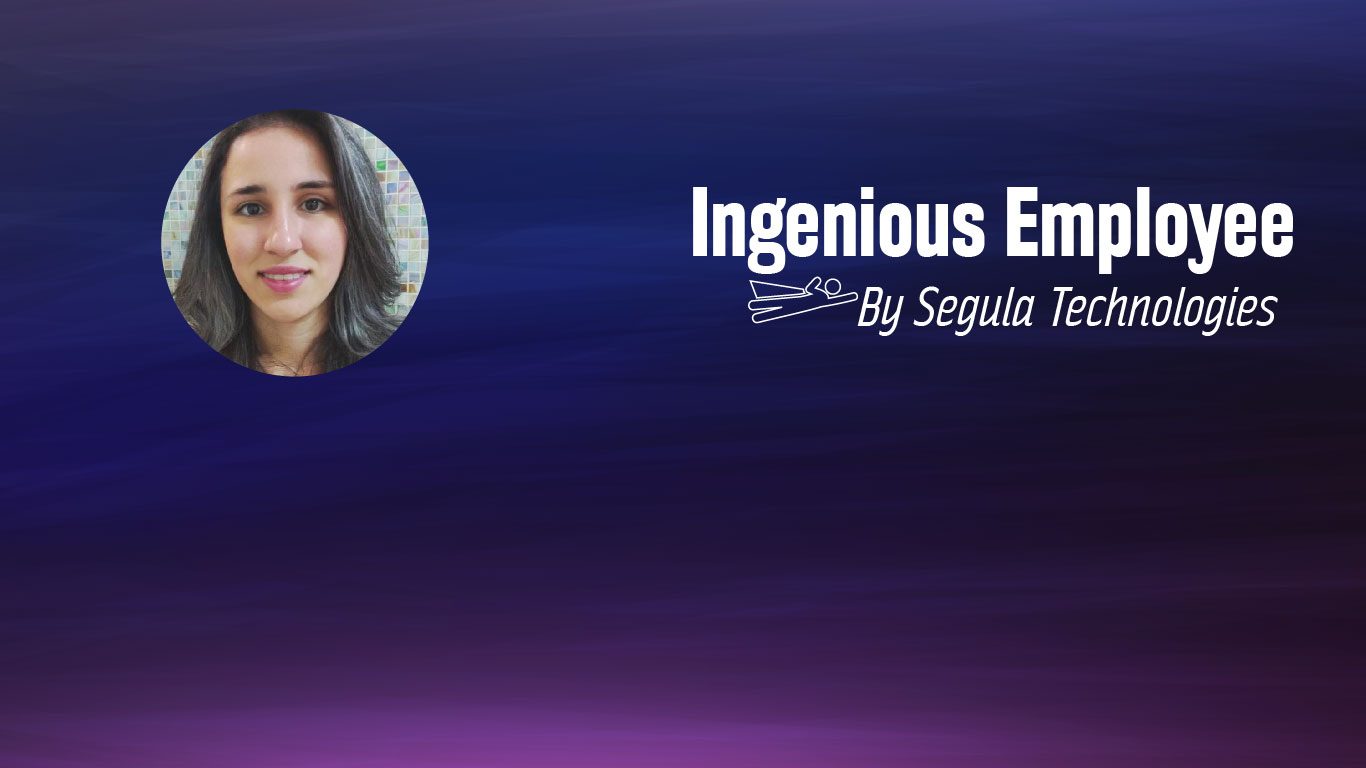“Water security is under threat worldwide due to several factors such as poor resource management and accelerating climate change.” Last June, an official White House report reminded the world of the urgent need to act on water issues. A few weeks later, this warning was unfortunately confirmed by a scorching summer that caused numerous fires and major water shortages in many parts of the world. Faced with such a threat, SEGULA Technologies’ ATARA (Assistance Tool for wAter Resources mAnagement) programme aims to use digital modelling to better assess the impact of human activities and climate change on water resources. “This programme is based on the development of hydrodynamic and water quality modelling tools. It applies to different scales, from the territory (1D) to the lake ecosystem (2D and 3D). Once completed, these models are integrated into an application developed by our teams which will analyse and synthesise the results,” explains Sébastien Bretéché, Head of Research and Innovation (R&I) at SEGULA Technologies. In other words, ATARA offers a combination of expertise that includes simulation, data science, satellite images and monitoring to facilitate decision-making in the field.
Assessing and predicting the quality of water bodies
The ATARA programme began in 2016 with a first mission to optimise hydroelectric production at high altitude. Other experiments on issues as diverse as agriculture, hydroelectricity, water reservoirs and biodiversity will soon follow. In 2019, for example, SEGULA Technologies has begun a collaborative project with the ÉCosystèmes LAcustres (ECLA) R&D cluster, which includes researchers from the Office Français de la Biodiversité (OFB) and INRAE (“ALAMODE” project). The tools resulting from the ATARA programme have since been used to provide automated 1D modelling of French water bodies and their quality. Because of the consequences of climate change, good knowledge and forecasting of the quality of water bodies are becoming essential,” explains Sébastien Bretéché. The main challenge of the project was to bring together hydrosystem modelling tools within a web interface and to connect them to national databases, particularly meteorological ones. Our partners are now able to better predict the evolution of water quality and therefore better prioritise environmental actions from national to local level. “As part of the ALAMODE project, the tools co-developed with SEGULA will be used and promoted by the ECLA R&D cluster as part of its national programme to monitor the effects of climate change.
Better irrigation of rice fields
Of course, the problems of water security know no borders. In Spain, SEGULA Technologies’ teams are working on the RISO* project in partnership with the University of Cordoba and the Flumen Institute of the Polytechnic University of Catalonia. The challenge? To create a modelling tool for rice field management. Rice production is affected by various factors such as meteorology, water level and temperature, nutrient content and salinity levels,” explains Jordi Prats, Doctor of Environmental Engineering and R&I SEGULA pilot in charge of the RISO project. “In order to help farmers optimise their work, we are developing a solution based on the instrumentation of rice fields using measuring stations and satellite images. This information will then be transmitted to farmers, either directly or via associations and local authorities. This will enable us to meet various challenges such as increasing rice production, improving its quality, limiting methane emissions and optimising water use. And while the RISO project is scheduled to end in 2023, the threats to water supply are likely to continue for decades. “The world has come to realise that there are extremely complicated water management situations ahead. Faced with this challenge, modelling tools such as those in our ATARA programme can provide concrete solutions. It seems urgent to deploy them before it is too late,” insists Jordi Prats. In 2022, better management of water resources is not a question of technology, it is a question of survival.
The ATARA programme in brief
• Launch: 2016
• Applications: Hydroelectric, Hydroelectric & GHG; Water Quality & Biodiversity; Agriculture; Hydroelectric & Nuclear
• Professions involved: hydrologists, computer scientists, data scientists, researchers, measurement and instrumentation, geomaticians, biochemists, biologists, ecologists, etc.
• ALAMODE project partners: Pôle R&D ECLA (OFB, INRAE, USMB):
https://professionnels.ofb.fr/fr/pole-ecla-ecosystemes-lacustres
• RISO project partners: Government of Spain, Polytechnic University of Catalonia, University of Cordoba
*The Riso project is funded bu the Minestry of Science and Innovation and the Spanish State Research Agency through the RTC2019-007133-2 (2020-2023) of the call for R+D+I Projects “Retos-colaboración 2019” of the State Programme for Research, Development and Innovation Oriented to Society’s Challenges.







 FOR A BETTER EXPERIENCE
FOR A BETTER EXPERIENCE